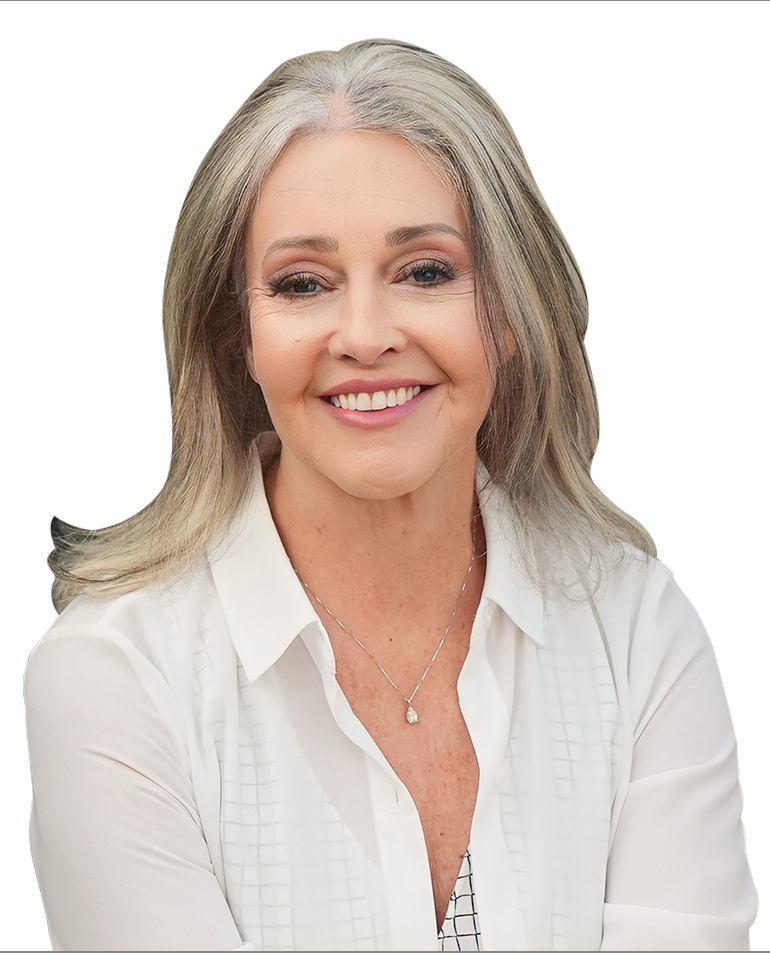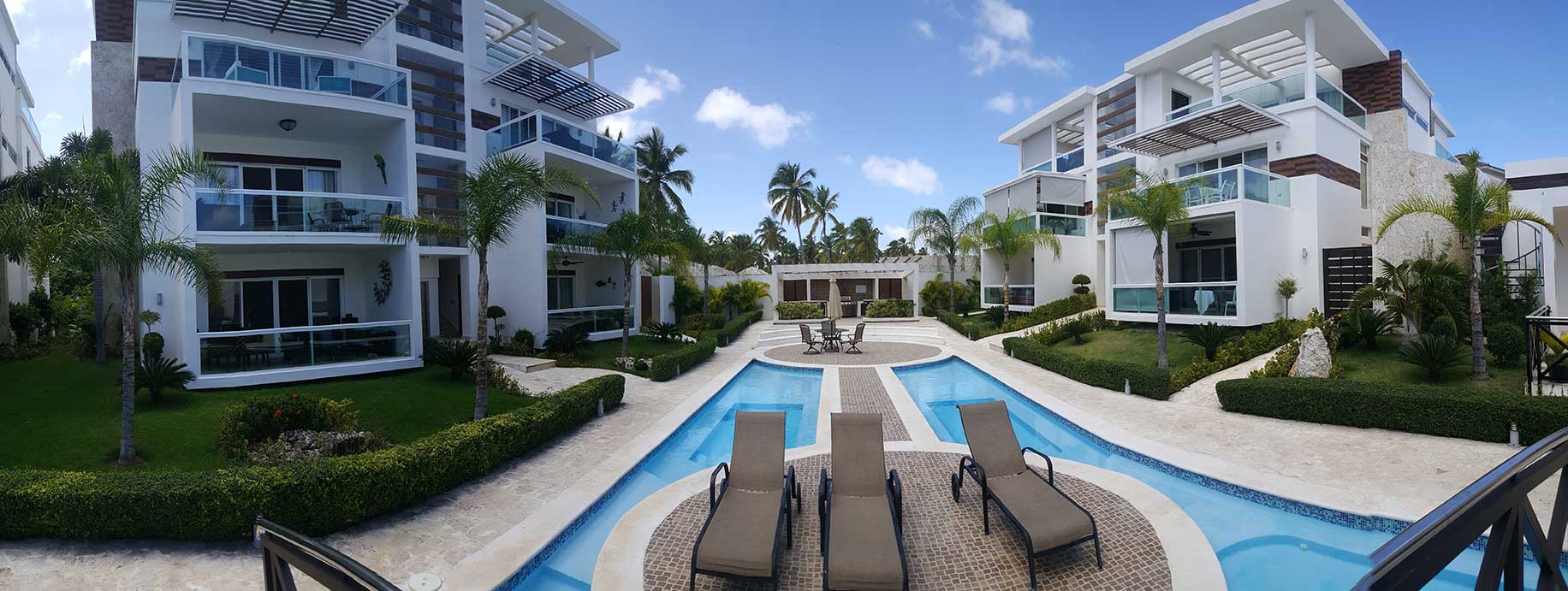Disclaimer
A Reverse Purchase Mortgage allows homeowners aged 62 and older to buy a new home without the burden of monthly mortgage payments. By making a down payment and using a reverse mortgage to cover the rest, you can secure a home that fits your lifestyle and needs. The loan is repaid only when you sell the property, move out, or pass away, offering flexibility and peace of mind during retirement.
This option is ideal for those looking to downsize or move closer to family while maintaining financial stability. While you won’t have monthly mortgage payments, it’s important to remember that you’re still responsible for property taxes, insurance, and maintenance to keep the loan in good standing.

2005 Overton Park Dr
Prosper Texas 75078

Do you have questions?
Call or text today, we are here to help!
I agree to be contacted by Team Lloyd & Associates via text, call & email. To opt-out, reply 'stop' or click unsubscribe.